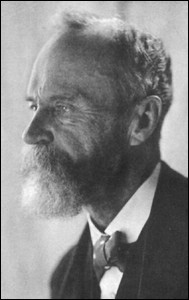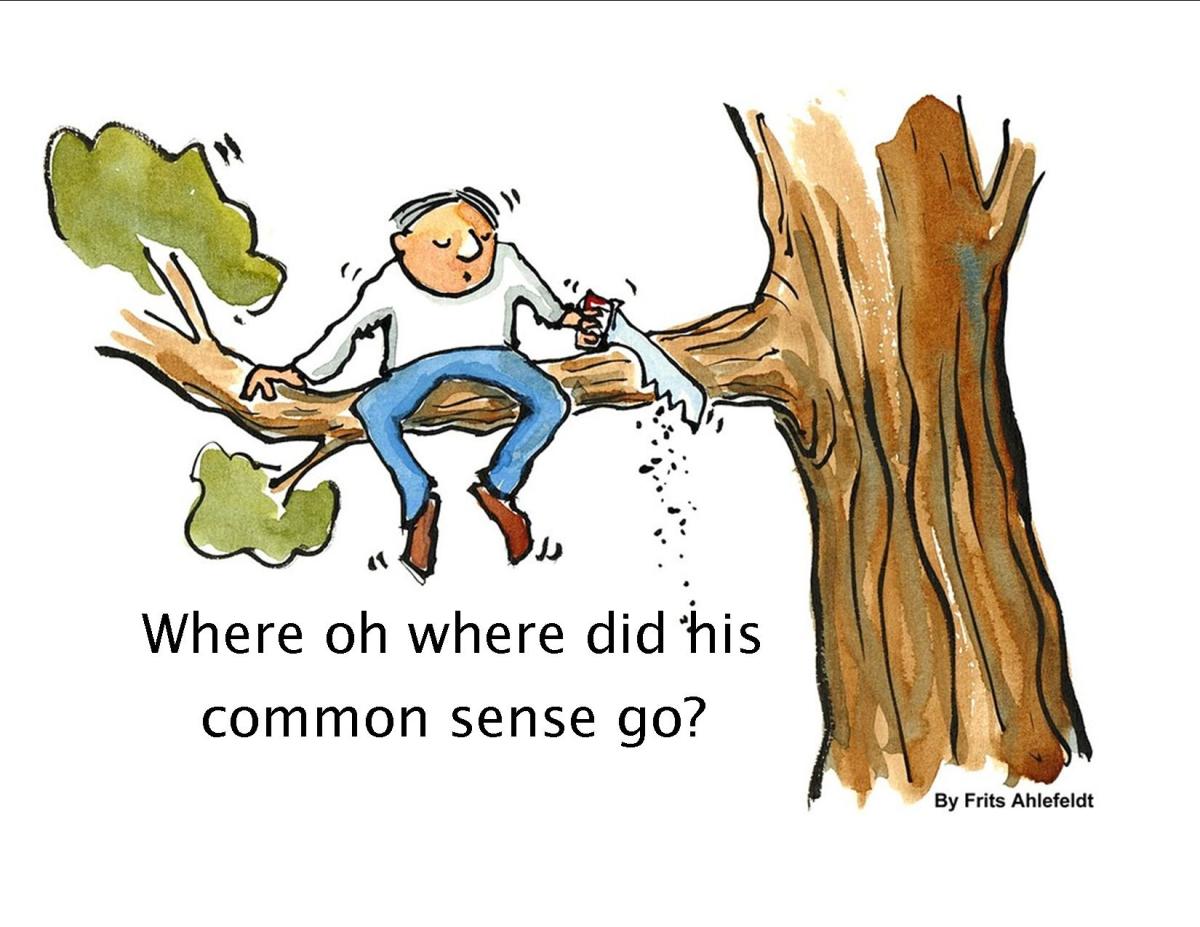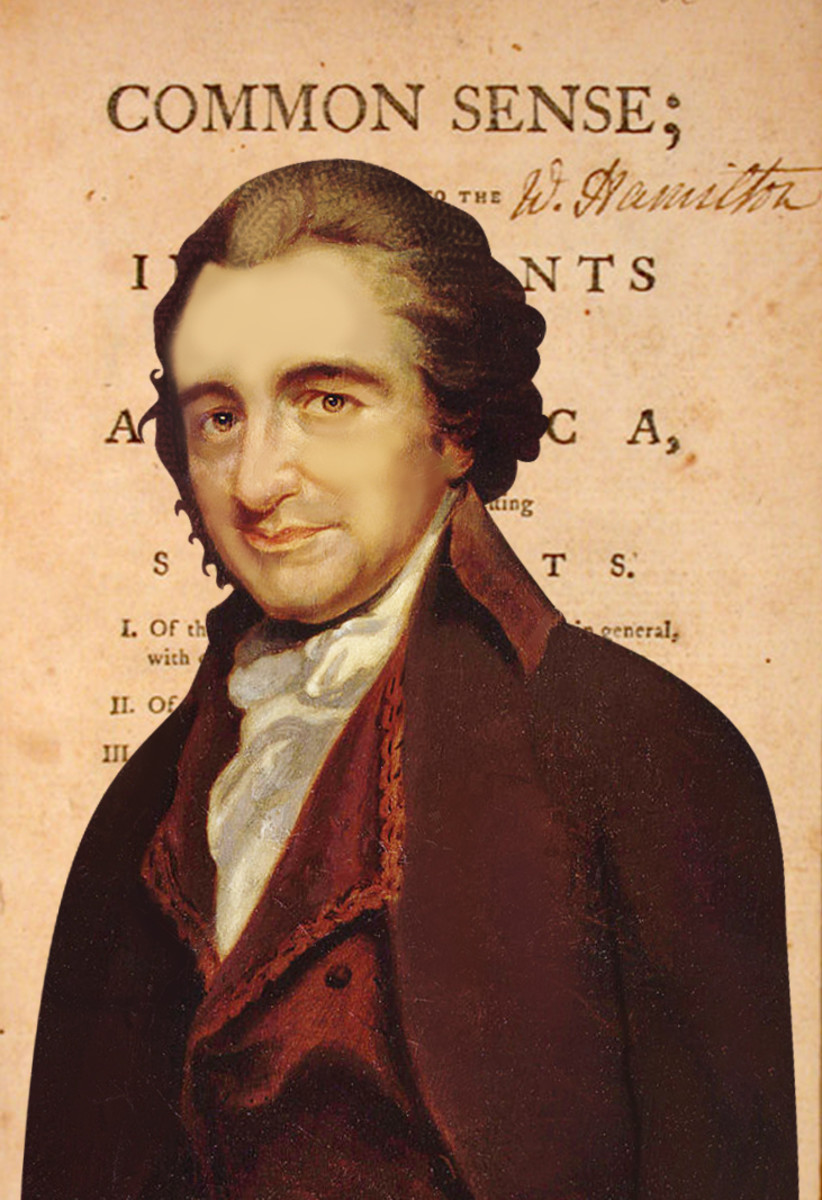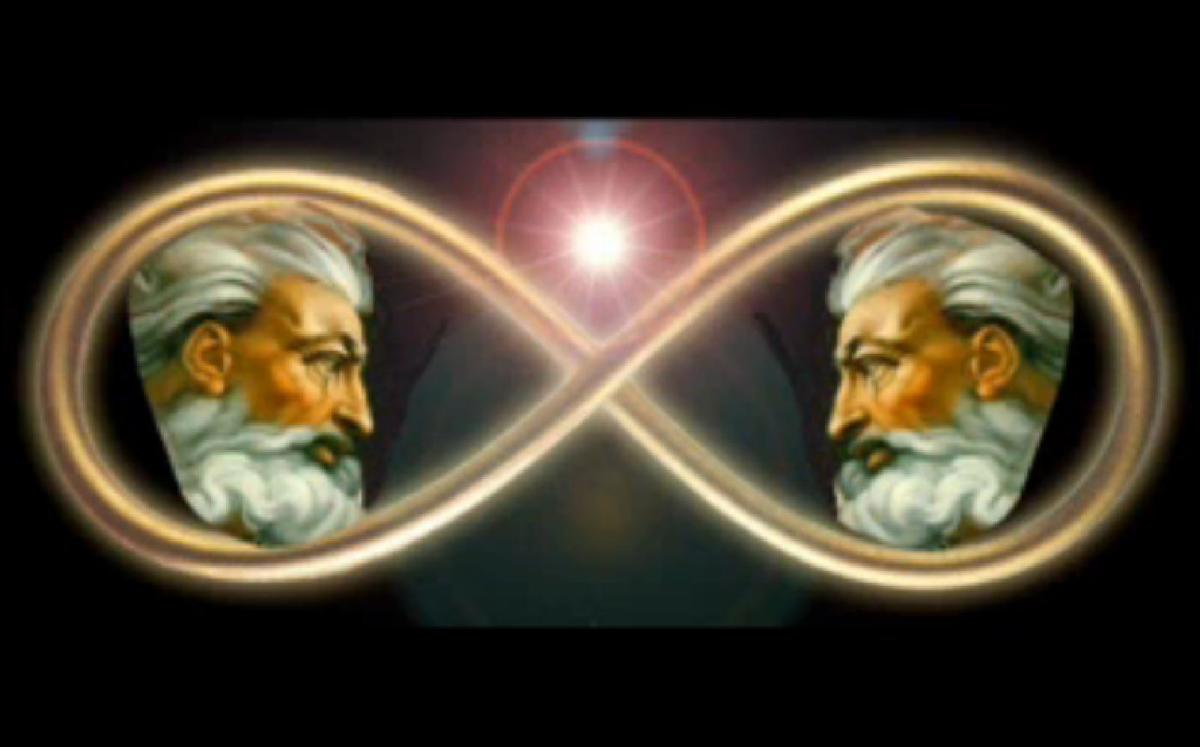Connections Between James' "Pragmatism and Humanism" and "Pragmatism and Common Sense"

In "Pragmatism and Humanism" (PH) and "Pragmatism and Common Sense" (PCS), William James discusses the origins of our beliefs. In PCS, James defines Common Sense as the set of habits of mind which were created by our ancestors, which we use as our own beliefs (James 170), while in PH Humanism is defined as the idea that “our truths are man-made products” (242). Common Sense, a man-made product developed over a course of time, is thus similar to a part of Humanism that James refers to as “previous truths,” or facts which man has established in the past (247). Common Sense holds a truth value then whose verification lies in events that happened long ago, lost to time and unaware to us in the present.
Our ancestors began the thread of Common Sense by having beliefs that had been confirmed for them “by the immediate facts of experience” of their lives, and “from fact to fact and from man to man they may have spread” (182-183). The way these facts spread was through the use of their applications in our ancestor’s lives. Some facts were verified and thus adapted and other facts were shown to be false and thus discarded, both by the results of holding them true and then acting on them, but their origin lies with man, a main point of Humanism. Because the facts in Common Sense are true most of the time, they give us the ability to create new facts that can rest on them without a need to verify their truth immediately. Through the application of the fact over time, the new truth gains its value. Thus, man continues to shape his existence by having some reliance on Common Sense, man-made products upon man-made products.
As PH points out, we use the beliefs that our ancestors put into us and use them to “determine what we notice” which “determines what we do” which determines “what we experience” (255). In this regard, Common Sense helps us uncover what our experience is, something that isn’t pre-made, “we have to discover what it is” (172) and ultimately make it. Common Sense depends on a series of bins in our minds that contain concepts linked in some way intellectually, and we use these bins to compare inputs that we receive as we live (172), thus making discoveries that uncover our own experience. However, since we make these bins, we are responsible for the criteria on which we base our reality. Thus reality is a result of man-made products, as Humanism also points out. We perceive it according to what content our bins carry, and based on what is in the bins we rationalize our experience, making judgments based on a “preconception of what impressions there may possibly be” (248). By merely perceiving reality, we fulfill Humanism’s thesis.
We “make an addition to some sensible reality,” as Humanism says, “and that reality tolerates the addition” (252). Reality will tolerate that change so long as the input is acceptable with the current system we operate under. When we get a new fact, it needs to be verified, and sometimes that verification process is slow, for we do not want to remodel a system that was working for us so well. Common Sense is a system that works so well at making a quick decision that it can be used to verify a new fact fast, just pull out the bin with the related concept and compare. It can be done fast because Common Sense has its background of verification through use and time. We don’t need to doubt a truth that shares properties with a Common Sense element, by association with that ‘previous truth’ can claim to be true until a new element comes forth and challenges it. If Common Sense fails to discern between two inputs, then we rely on the Scientific Method to determine its value, but overall Humanism will play its role in this system.
Works Cited
James, William. "Pragmatism and Common Sense." Pragmatism. 1907. Print. 170, 172, 182, 183.
- - - "Pragmatism and Humanism." Pragmatism. 1907. Print. 242, 247, 248, 252, 255.
- Connections Between W.V. Quine's “Two Dogmas of Em...
In “Two Dogmas of Empiricism” (TDE) and “Notes on the Theory of Reference” (NTR), Quine discussed definability and how it must be distanced from synonymy and analyticity, which fall under the jurisdiction of the theory of meaning. Instead,... - Connections Between William James' "Pragmatism and H...
In Pragmatism and Humanism (PH) and Pragmatism and Common Sense (PCS), James discusses the origins of our beliefs. In PCS, James defines Common Sense as the set of habits of mind which were created by our ancestors, which we use as our own beliefs...
© 2012 Leonard Kelley






